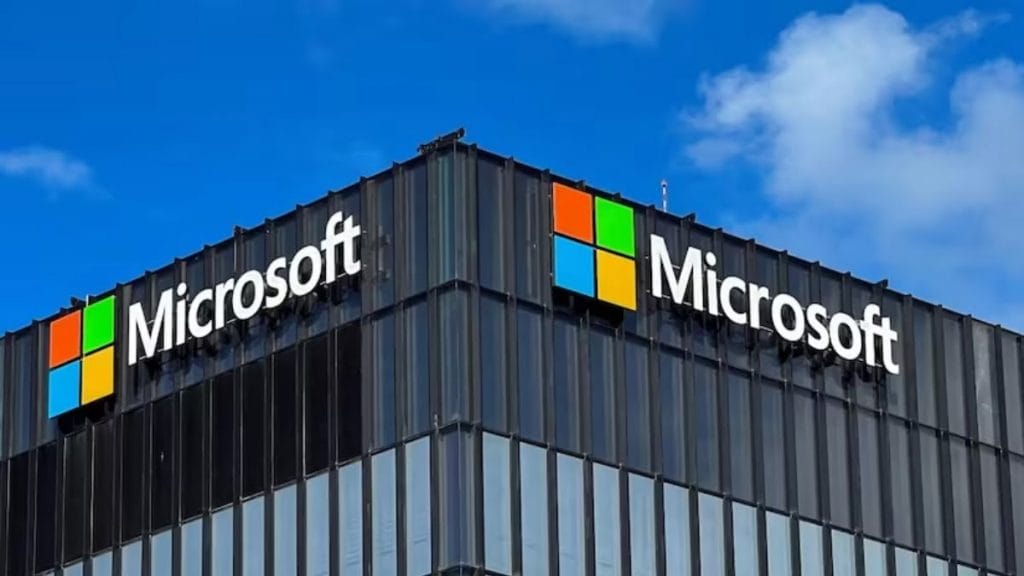New Delhi: Microsoft is all set to integrate generative AI into Windows and the PCs that run it, during its annual Build developer conference, the company introduced Copilot+ PCs and new AI-powered features like Recall, which helps users find previously accessed apps, files, and content. Microsoft’s AI brand, Copilot, will become a more integral part of Windows 11, with new Surface devices also announced.
Volumetric Apps:
Microsoft is bringing Windows Volumetric Apps—interactive VR apps that are aware of their surroundings—to Meta Quest headsets. In partnership with Meta, Microsoft will enable Windows 365 and local PC connectivity on Quest devices, allowing developers to extend their apps into 3D space. A demo showed a digital 3D view of an Xbox controller that could be manipulated via a Meta Quest 3 headset. Pavan Davuluri, CVP of Windows and devices at Microsoft, highlighted the goal to enhance the Windows experience on Quest devices.
AI focused hardware:
Copilot+ PCs are designed to be AI-centric, featuring dedicated NPUs for AI tasks like Recall, at least 16GB of RAM, and SSD storage. Starting at $999, these PCs will initially use Qualcomm’s Snapdragon X Elite and Plus chips, promising up to 15 hours of web browsing and 20 hours of video playback. Intel and AMD are also developing processors for these devices with various manufacturers, including Acer, Asus, Dell, HP, Lenovo, and Samsung. Some models are available for preorder today.
New Surface Pro and Surface Laptop:
Microsoft’s latest Surface devices—the Surface Laptop and Surface Pro—focus on performance and battery life. The updated Surface Laptop, available in 13.8- and 15-inch models, features a modern design with thinner bezels, up to 22 hours of battery life, and an 86% performance boost over the Surface Laptop 5. It supports Wi-Fi 7 and includes a haptic feedback touchpad. The new Surface Pro, said to be 90% faster than the Surface Pro 9, includes an OLED HDR display, Wi-Fi 7 (optional 5G), and a better front-facing camera. Its detachable keyboard now has haptic feedback and is reinforced with carbon fiber.
Recall feature and AI enhancements:
Windows 11’s upcoming Recall feature allows users to revisit apps and content accessed weeks or months earlier. This tool helps users find past activities, such as a specific Discord chat, by scrolling through a timeline. Recall supports natural language search and creates connections between colors, images, and more. All data associated with Recall remains private and on-device, with options for managing and deleting data.
Team Copilot and Developer Tools:
Team Copilot, part of Microsoft’s expanding Copilot suite, integrates with Teams to manage meeting agendas and co-author notes. It also connects with Loop and Planner to create tasks, track deadlines, and notify team members. Microsoft has launched Copilot Extensions in private preview, allowing developers to enhance GitHub Copilot with third-party apps and skills.
Windows Copilot runtime:
The Windows Copilot Runtime, consisting of about 40 generative AI models, powers features like Recall and Super Resolution. This runtime and the local semantic index on Copilot+ PCs enable generative AI apps to work offline. The new Windows Copilot Library offers APIs and AI tools for developers. CapCut, a video editor by ByteDance, will use this runtime to enhance its AI features, and Meta will integrate Studio Effects into WhatsApp for better video call experiences.
Partnership with Khan Academy:
Microsoft is partnering with Khan Academy to provide cloud computing resources, enabling free access to AI-powered tools for U.S. educators. They will also explore ways to enhance AI applications for math tutoring through generative AI.
AI driven image editing and live translations:
New AI features in Windows, exclusive to Copilot+ PCs, include Super Resolution, which automatically enhances old photos, and Cocreator, which helps generate and restyle images based on user input. Live Captions with live translations can translate any audio on a PC into the user’s chosen language, initially supporting around 40 languages. Microsoft Edge will soon offer real-time video translation for sites like LinkedIn, YouTube, and Coursera, translating content through dubbing and subtitles.





